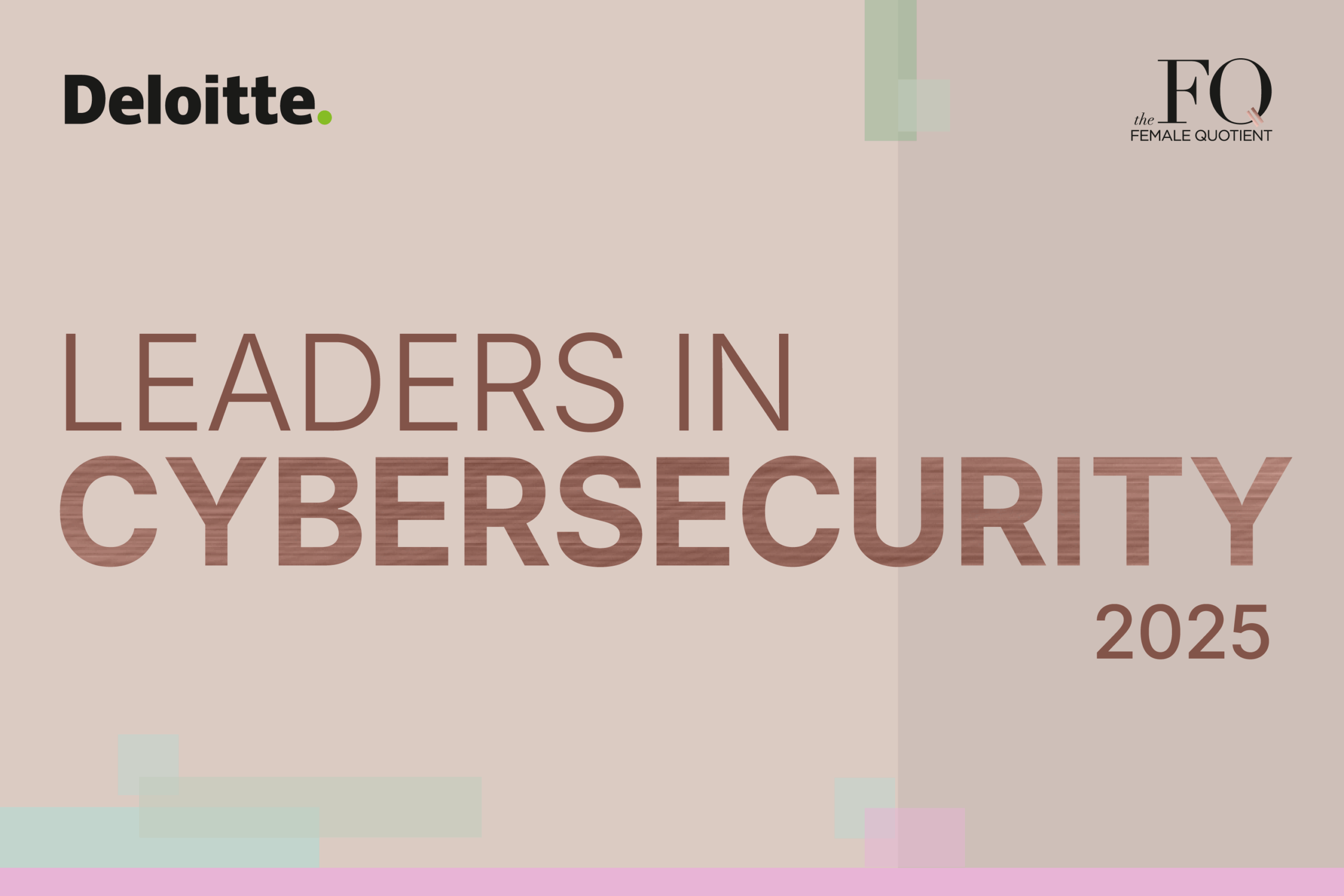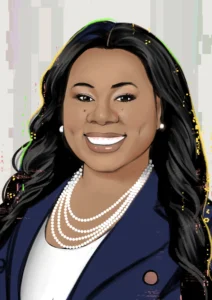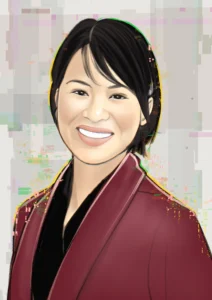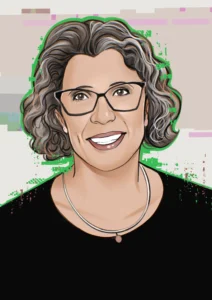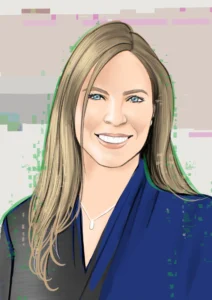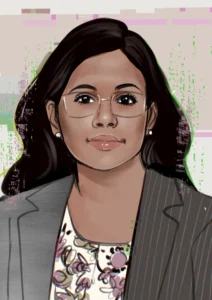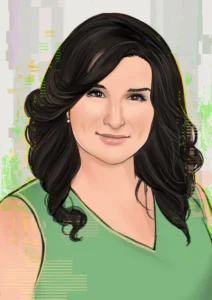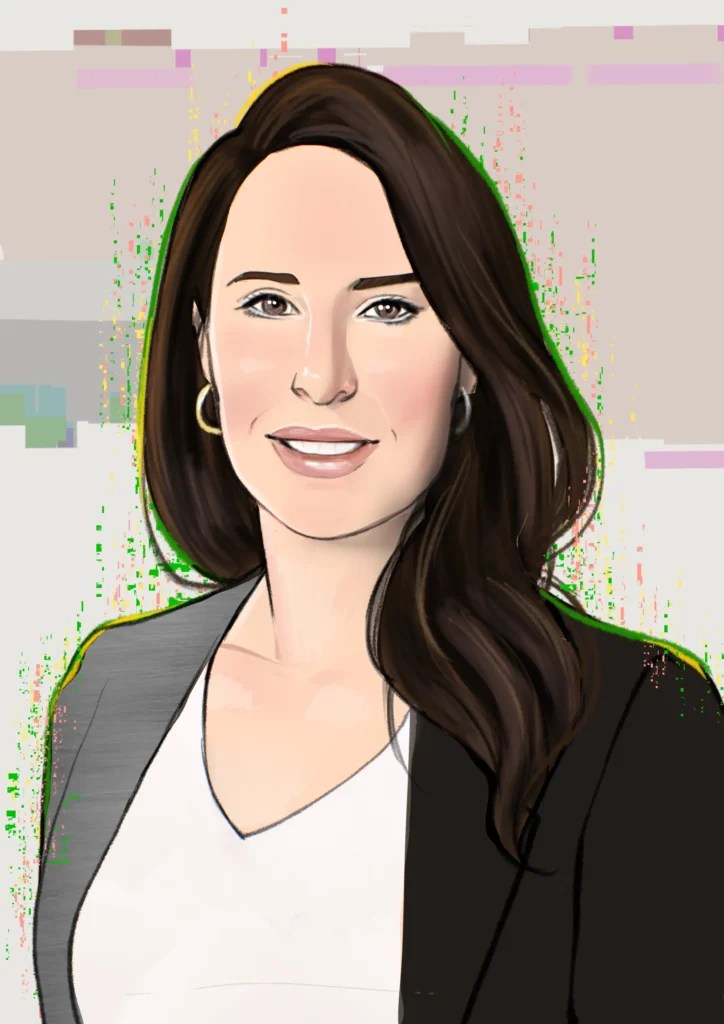
Shelly Levin
“Take initiative, constantly look for ways to improve, innovate, and push things forward. Instead of waiting for instructions, proactively identifying opportunities for growth and driving change is key to making an impact.”
Shelly Levin Zahavi is the Head of Cyber Security Project Management at Maccabi Health Care Services, leading key security initiatives for the past three years. A former member of the Israeli Defense Force’s (IDF) elite computing unit, Mamram, she holds a bachelor’s and master’s degree, and a Chief Information Security Officer (CISO) certification. With experience in cybersecurity project management, implementation of protection systems, and strong leadership, she plays a vital role in strengthening cyber resilience. Shelly is married and a proud mother to a five-year-old daughter, balancing a demanding career with family life.
What is one skill, interest or talent of yours that makes you great at your job?
One key skill of mine is leadership and strong interpersonal skills, including collaboration, communication, teamwork, and problem-solving. I excel at articulating a clear vision, and inspiring others to work toward shared goals. My ability to influence, motivate, and build teams ensures alignment and efficiency.
What is the best piece of unconventional career advice you’ve gotten?
The best advice I’ve received in my career is to take initiative, constantly look for ways to improve, innovate, and push things forward. Instead of waiting for instructions, proactively identifying opportunities for growth and driving change is key to making an impact.
What is your proudest moment working in the cybersecurity industry?
My proudest moment in the cybersecurity industry was winning the 2024 IT Award for Outstanding Project for “Kipat HaMaccabim, Google Security Operations (SecOps) Platform Implementation.” This recognition highlights the ongoing efforts and progress of a complex, high-impact security initiative to strengthen our organization’s cyber resilience. Being part of this transformative project and seeing its impact unfold has been a significant milestone in my career.
When did you become interested in pursuing a career in cyber and what prompted it?
Throughout my career in information systems and IT, I was always involved with cybersecurity, which naturally piqued my interest. However, my deep passion for cybersecurity grew over the last four years as cyber threats became more frequent. The evolving challenges in this field further motivated me to specialize in cybersecurity.
What are the top 3 things you would tell people hoping to enter the cybersecurity industry?
- Develop a strong technical foundation. Understanding networking, operating systems, cloud security, and risk management is essential. Certifications like Certified Information Systems Security Professional (CISSP), Certified Ethical Hacker (CEH), or CISO can help build credibility, but hands-on experience is just as important.
- Stay curious and keep learning. Cybersecurity is an ever-evolving field. Continuous learning, research, and participation in cybersecurity communities are crucial for staying updated on emerging threats, new technologies, and industry trends.
- Build problem-solving and collaboration skills. Cybersecurity isn’t just technical; it requires critical thinking, adaptability, and teamwork. Communicating security risks to different stakeholders and working across teams is just as valuable as technical experience.
What are some misconceptions people might have about the cybersecurity industry and what can we do to change these misconceptions?
Misconception: Cybersecurity is purely technical.
Reality: While technical skills are essential, cybersecurity requires strategic thinking, risk management, communication, and leadership. We can change this perception by highlighting the diverse roles in cybersecurity, from governance and compliance to project management and threat intelligence.
Misconception: Cybersecurity is only about hacking and defense.
Reality: Cybersecurity is a broad field that includes proactive risk assessment, policy development, user awareness, and regulatory compliance. Emphasizing the importance of preventative security measures and education can help reshape this view.
Misconception: Cybersecurity professionals work alone.
Reality: Effective cybersecurity requires cross-team collaboration between IT, legal, executive leadership, and external partners. Encouraging teamwork and showing how security integrates with business goals can help break this stereotype.
Do you feel like you’re contributing to helping keep our world secure and can you share why that matters to you?
I strongly feel that my work helps keep our world more secure. In my role, I lead cybersecurity initiatives that help protect critical health data and medical equipment, ensuring that sensitive information and essential systems remain safe from cyber threats. Cybersecurity is not just about protecting systems; it’s about safeguarding people, businesses, and national resilience. Knowing that my efforts help prevent breaches, mitigate risks, and strengthen security in a constantly evolving threat landscape gives my work purpose and deep professional fulfillment.
What positive change do you think will take place as we bring the next generation into the cybersecurity industry?
The next generation will bring new perspectives shaped by evolving threats, driving the development of innovative defenses and technologies. As cyber risks become more sophisticated, they will introduce new security, automation, and threat intelligence approaches. Their adaptability and fresh thinking will help strengthen cyber resilience and enhance global security strategies in an ever-changing digital landscape.
Who is your role model in the cybersecurity industry and why?
My role model in the cybersecurity industry is Sivan Tehila, the Founder and Chief Executive Officer of Onyxia Cyber. With more than 15 years of experience, she has held pivotal roles, including serving as an Intelligence Officer and CISO in the IDF. Her dedication to advancing cybersecurity education is evident through her leadership of the cybersecurity master’s programs at Yeshiva University’s Katz School of Science and Health.

